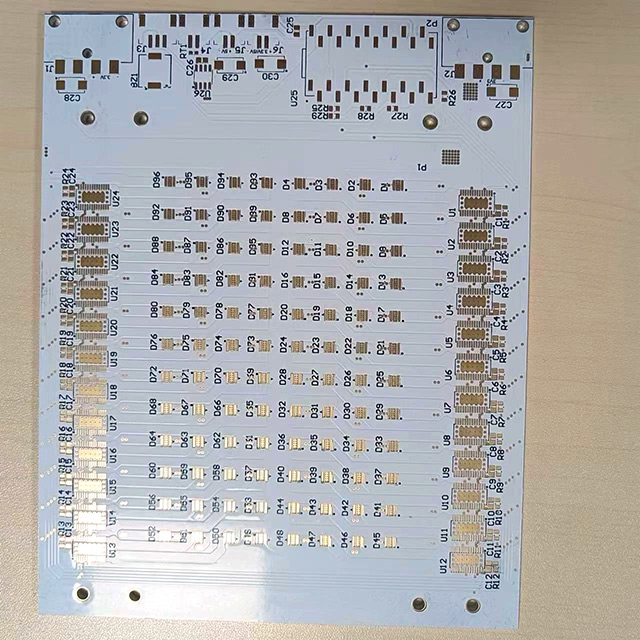And I bet your window cleaner has to do three passes to actual cleam them including rinsing.
There are good reasons why commercial window cleaning companies moved over to using #pure# water without dissolved solids - typically in our location the tap water runs at 280 - 300 ppm of Total Dissolved Solids, whereas a #pure# water systems will reduce that down to less than 5 ppm easily, and most will get down to a TDS of 000 - TDS of 000 removes bird s**t without scrubbing, without detergents, hence when cleaning panels is quicker, safer (no ladders, don't have to get up close), and more cost effective.
All Spots and Streaks are the residue from the Total Dissolved Solids (Dirt and Minerals) in the water when using 'tap' water, you just don't get those with #pure# water - You get a cleaner panel with less work.
How does it work,and why don't you need detergents?
When all of the dissolved solids have been removed from the water, it readily takes up more, so it actually dissolves the dirt and streaks on the panels. - Think of it a bit like water held in air, dry the air and any water around will evaporate much more quickly.
So two reasons to not use normal water and soap:
1) You will leave residues behind, however well you rinse.
2) It's slower and more costly.
There are good reasons why commercial window cleaning companies moved over to using #pure# water without dissolved solids - typically in our location the tap water runs at 280 - 300 ppm of Total Dissolved Solids, whereas a #pure# water systems will reduce that down to less than 5 ppm easily, and most will get down to a TDS of 000 - TDS of 000 removes bird s**t without scrubbing, without detergents, hence when cleaning panels is quicker, safer (no ladders, don't have to get up close), and more cost effective.
All Spots and Streaks are the residue from the Total Dissolved Solids (Dirt and Minerals) in the water when using 'tap' water, you just don't get those with #pure# water - You get a cleaner panel with less work.
How does it work,and why don't you need detergents?
When all of the dissolved solids have been removed from the water, it readily takes up more, so it actually dissolves the dirt and streaks on the panels. - Think of it a bit like water held in air, dry the air and any water around will evaporate much more quickly.
So two reasons to not use normal water and soap:
1) You will leave residues behind, however well you rinse.
2) It's slower and more costly.











